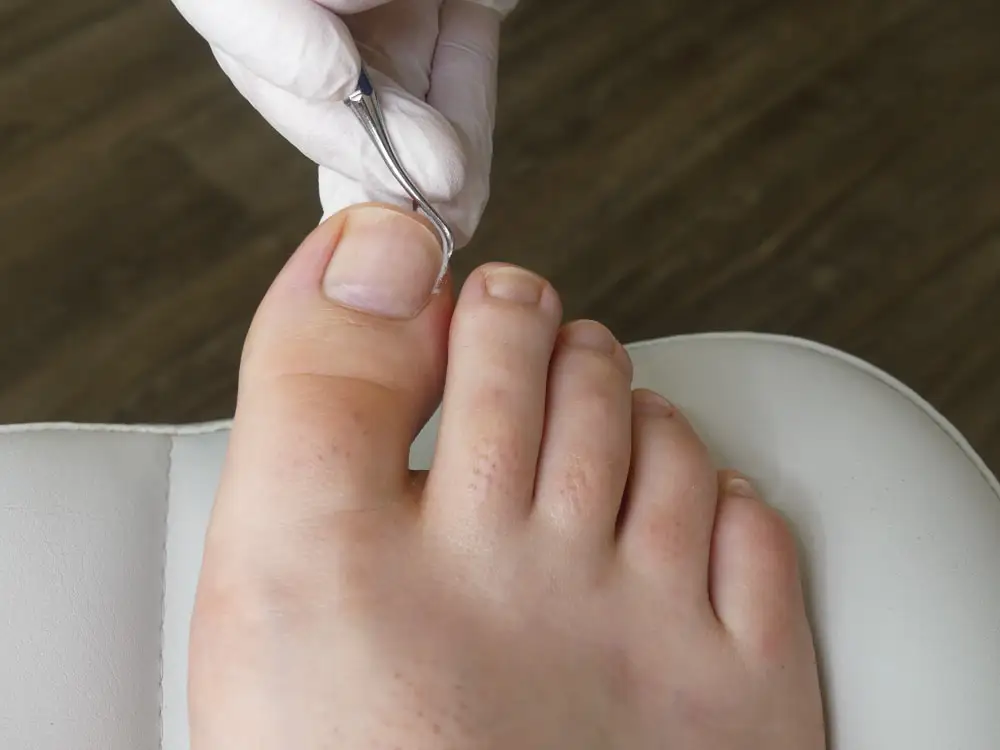How often do you see your doctor for regular health checks? Are you guilty of only booking an appointment with your doctor when you’re sick? Perhaps you haven’t been sick in years and pride yourself on your healthy lifestyle. You’ll see the doctor if and when you need to, right?
Even if you have no known health complaints or issues, it is important to lock in regular health checks with your Brisbane doctor to keep your health in tip-top condition for a lifetime.
Need some convincing? Here are five reasons to schedule regular health checks with your doctor.
Prevent And Lower The Risk Of Health Issues
Just like you get your car serviced regularly, you need to give yourself a ‘service’ at least once a year to make sure there are no issues with your health.
Regular health checks allow your doctor to diagnose and treat health issues early and work out a treatment plan to overcome them.
You may feel fit and healthy, but it doesn’t necessarily mean that you are. There could be health issues lurking below the surface that you’re not aware of. You may not have seen the warning signs or know what to look for. Only a doctor can give you a thorough examination and help you nip health issues in the bud. If diabetes, some cancers, and heart disease are diagnosed early, treatment can be effective.
When you have a health check, you can expect your Brisbane doctor to:
- discuss with you any health complaints or concerns you may have
- check your heart rate
- check your blood pressure
- give you a physical examination, including chest, throat, ears, abdomen, glands and skin.
Your age, sex, and any issues you have raised will determine whether additional tests are required, for example, a blood test or breast examination.
When you fail to see your doctor for regular health checks, you are placing yourself at risk of health issues and disease that could be prevented. An annual visit to your doctor is not much to ask when it comes to protecting your health.
Be Aware Of Vaccinations, Screenings And Tests
Want to be fit and fabulous for life? Regular check-ups are a necessity for protecting your health and preventing health issues and disease.
During your regular health checks, your doctor will advise you of any vaccinations, screenings or tests you require to maintain your health. These tests will depend on your age, sex, medical history and any health issues you have raised. Tests may involve a simple blood test to check iron levels, for example, or they could be more comprehensive, such as a colonoscopy.
Your doctor will remind you when you need a pap smear, bone density test, mammogram, or prostate check. When it comes to vaccinations, screenings and tests, your doctor has got your back. They can give you the best advice on what you need to protect your health and when it’s ideal to undergo testing.
Adults, of course, aren’t the only ones who should book in for regular health checks. Ensure you schedule in health checks and vaccinations for your children, too, to ensure they are on the right path to a healthy life.
Family History
If you have a history of health issues within your family, scheduling regular health checks is essential. If cancer, heart disease or any other serious illness has affected an immediate family member, you need to ensure you’re proactive with your health and reduce your risk of going down the same path as your family.
Discuss your family history with your doctor. They can advise whether you may be at risk, what you can do to lower your risk, and any tests you may need to undergo. Sharing your family history with your doctor is vital in protecting your health.
Maintain A Healthy Lifestyle
When life is busy, exercise and diet are usually the first things to slide. If you’re burning the candle at both ends and not listening to your body, you’re on the fast track to illness and at risk of health issues and disease. It can be easy to slip into bad habits with alcohol, smoking, diet and poor sleep. Regular health checks serve as a good reminder that you need to prioritise your health. You need to take control of your health and well-being, and look after you.
Examine your diet, habits and lifestyle and see how you can change them for the better. If you don’t know where to start in getting back on track with your health, your doctor can point you in the right direction and refer you to a specialist, if needed.
Establish A Good Relationship With Your Doctor
Do you see a different doctor every time you have a medical appointment? It’s hard to maintain a good relationship with a doctor when you are chopping and changing from one doctor to the other. Decide on one doctor and work on building a relationship with them. A visit to the doctor doesn’t have to be awkward and painful. When you trust your doctor and feel comfortable with them, you are more likely to openly discuss your health issues and concerns. A good relationship with your doctor can only work in your favour.
A doctor who is familiar with your medical history, and that of your family, can better diagnose and treat your health issues or concerns. You don’t need to repeat your medical history over and over again. Your doctor ‘gets you’ and knows what’s best for you. Regular health checks allow you to maintain that all-important doctor/patient relationship.
At-Home Health Check
In between your regular health checks, make sure you keep an eye on your health and take note of any symptoms or issues.
- Maintain a balanced diet. Limit sugary food and drinks, and junk food.
- Aim for 30 minutes of exercise per day.
- Try to have at least two alcohol-free days per week.
- Quit smoking.
- Ensure you’re in a healthy weight range.
- Implement a good oral health regime.
- Take note of skin changes.
- Be aware of any niggling health issues and raise them with your doctor.
Take control of your health. Book your regular health checks with Algester Medical Center and Acacia Ridge Family Practice today.
How To Fix Ingrown Toenails
Ingrown toenails occur when the corner or edge of a toenail curves and breaks through the skin of the nail and the skin surrounding the nail. It is a common condition and typically affects the big toe. If it becomes infected (you notice pus or fluid) and is left untreated, it can spread and infect…
Swimmer’s Ear | How To Diagnose & Treat For Kids & Adults
Swimmer’s ear is a relatively common outer ear canal infection that is usually caused by trapped water. It can be painful, but is easily treatable by GPs or ear specialists. What Is Swimmer’s Ear? Swimmer’s ear (acute otitis externa) is an infection in the outer ear canal—the passage that runs from the outside of your…
4 Major Sleep Disorders & How To Spot & Treat Them
Getting enough sleep is one of the most important things we can do to maintain our health. But sometimes sleeping is easier said than done. In this article we explore the most common sleep disorders, including what they are, how to treat them and when to seek help. What Is A Sleep Disorder? A sleep disorder is…




